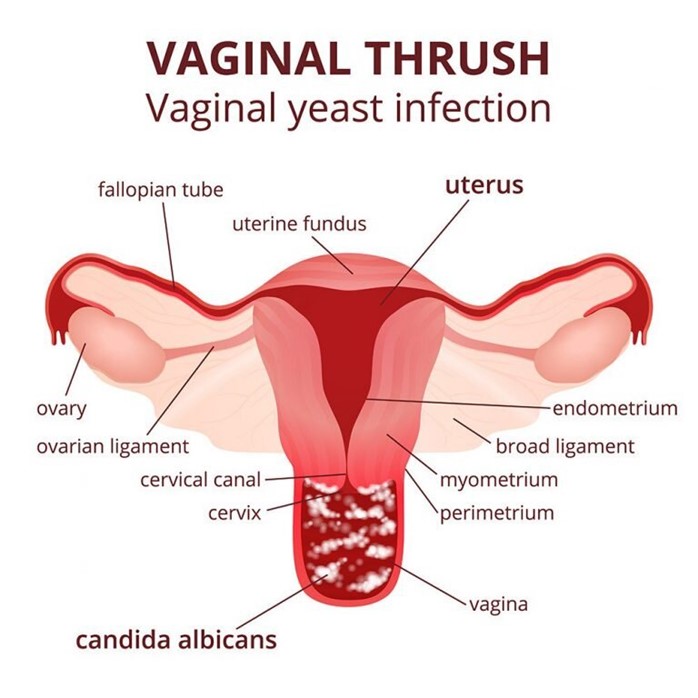After teaching a group of adolescent girls about female reproductive development, the nurse determines that teaching was successful when the girls state that menarche is defined as a woman's first:
Sexual experience
Menstrual period
Signs of breast development
The Correct Answer is B
Choice A: Sexual experience is not the correct answer because it is not related to female reproductive development. Sexual experience is a personal and subjective term that can vary depending on the individual's definition, values, and preferences. It has no biological or physiological significance for female reproductive development.
Choice B: Menstrual period is the correct answer because it is related to female reproductive development. The menstrual period is a cyclic phenomenon that occurs when the endometrium (the lining of the uterus) is shed along with blood and mucus through the vagina. It marks the onset of puberty and fertility in females. Menarche is the term used to describe the first menstrual period in a woman's life.
Choice C: Sign of breast development is not the correct answer because it is not related to female reproductive development. A sign of breast development is a physical change that occurs during puberty in females. It involves the growth and maturation of the mammary glands, which are responsible for producing milk during lactation. However, it does not indicate the start of menstruation or fertility in females.
Nursing Test Bank
Naxlex Comprehensive Predictor Exams
Related Questions
Correct Answer is ["0.8"]
Explanation
- To find the amount of mL to administer per dose, we need to use a ratio and proportion method.
- We can set up a proportion as follows: 250 mg/2 mL = 100 mg/x mL
- To solve for x, we cross-multiply and get: 250x = 200
- Then we divide both sides by 250 and get: x = 200/250
- To simplify, we can reduce the fraction by dividing both the numerator and denominator by 50 and get: x = 4/5
- To convert the fraction to a decimal, we divide 4 by 5 and get: x = 0.8
- Therefore, the nurse should administer 0.8 mL of hydrocortisone per dose.
Correct Answer is C
Explanation
Choice A: Trichomoniasis is not the correct answer because it does not match the findings of the client. Trichomoniasis is a sexually transmitted infection (STI) caused by a parasite called Trichomonas vaginalis. It can cause symptoms such as yellow-green or gray frothy vaginal discharge, foul odor, itching, burning, or redness of the vulva or vagina.
Choice B: Genital herpes simplex is not the correct answer because it does not match the findings of the client. Genital herpes simplex is an STI caused by a virus called herpes simplex virus (HSV). It can cause symptoms such as painful blisters or ulcers on or around the genitals, fever, headache, or swollen lymph nodes.
Choice C: Candidiasis is the correct answer because it matches the findings of the client. Candidiasis is a fungal infection caused by a yeast called Candida albicans. It can cause symptoms such as thick, white, cottage cheese-like vaginal discharge, intense itching, burning, or soreness of the vulva or vagina, or dyspareunia (painful sexual intercourse).
Choice D: Bacterial vaginosis is not the correct answer because it does not match the findings of the client. Bacterial vaginosis is a condition caused by an imbalance of the normal vaginal flora (the bacteria that live in the vagina). It can cause symptoms such as thin, gray-white or yellow vaginal discharge, fishy odor, itching, or burning of the vulva or vagina.

Whether you are a student looking to ace your exams or a practicing nurse seeking to enhance your expertise , our nursing education contents will empower you with the confidence and competence to make a difference in the lives of patients and become a respected leader in the healthcare field.
Visit Naxlex, invest in your future and unlock endless possibilities with our unparalleled nursing education contents today
Report Wrong Answer on the Current Question
Do you disagree with the answer? If yes, what is your expected answer? Explain.
Kindly be descriptive with the issue you are facing.
